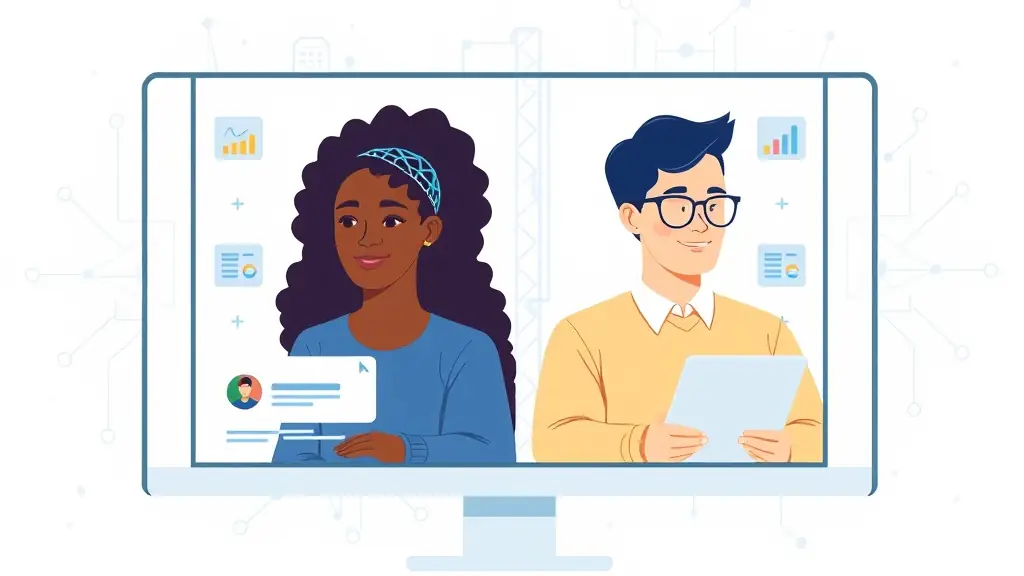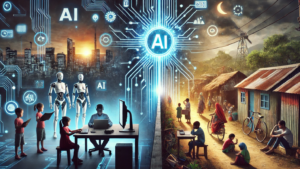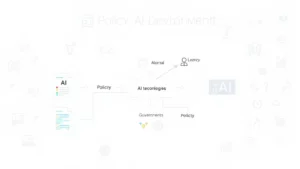AI is rapidly transforming various sectors, including human resources. While AI-powered tools can streamline hiring processes, they also present significant ethical challenges. These tools can inadvertently perpetuate existing biases in datasets, leading to discriminatory outcomes. Careful consideration of data sources and algorithm design is crucial to ensure fairness and equity. One of the primary concerns is the potential for bias in the algorithms used for candidate screening. If the training data reflects existing societal biases, the algorithm may replicate and even amplify these biases in its decisions. This can lead to the exclusion of qualified candidates from marginalized groups, perpetuating inequalities in the workforce. Furthermore, the lack of transparency in some AI hiring tools raises concerns about accountability. Understanding how these tools arrive at their decisions is essential for identifying and mitigating potential biases. Without transparency, it becomes difficult to address discriminatory outcomes and ensure fairness in the hiring process. Equitas Impact advocates for the development of AI-powered hiring tools that prioritize fairness and inclusivity.
The Digital Divide: How AI Accessibility Can Transform Global Economic Equality
At Equitas Impact, we’re transforming the digital divide into digital opportunity. Through our “Accessible AI




